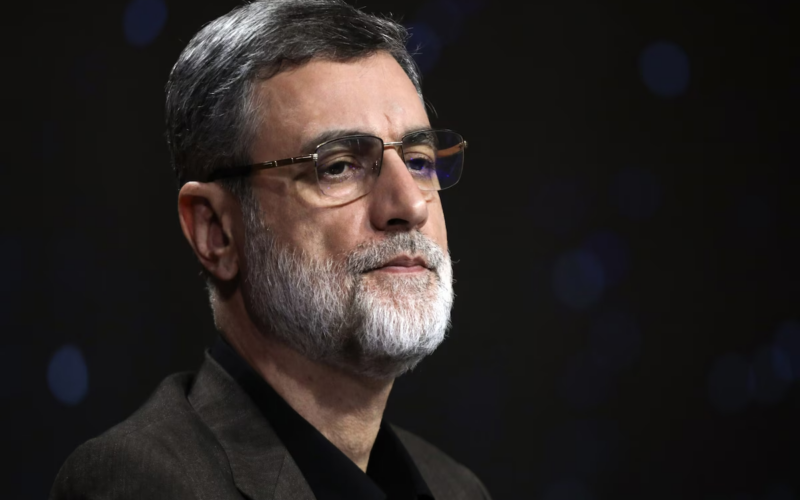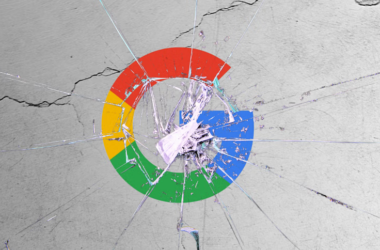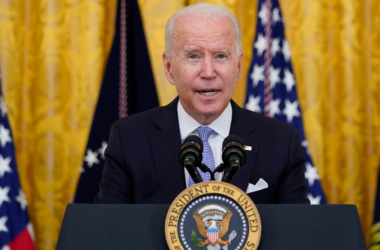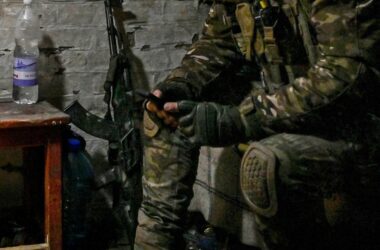Amirhossein Ghazizadeh Hashemi, a candidate in Iran’s upcoming presidential election, has withdrawn from the race, marking the first departure in what promises to be a closely watched electoral contest to succeed the late President Ebrahim Raisi.
Late Wednesday, Ghazizadeh Hashemi, 53, announced his decision to step aside, emphasizing the need for unity among hard-liners to strengthen their position in the election. State-run IRNA news agency reported that he urged other candidates to follow suit in order to consolidate the “front of the revolution.”
Having previously served as one of President Raisi’s vice presidents and the head of the Foundation of Martyrs and Veterans Affairs, Ghazizadeh Hashemi’s candidacy withdrawal comes amidst a final push in the electoral campaign, as Friday marks the voting day.
Withdrawals such as Ghazizadeh Hashemi’s are customary in the hours leading up to an Iranian presidential election, especially during the mandated quiet period preceding the vote, where campaign rallies are prohibited.
With Ghazizadeh Hashemi’s exit, the presidential race now features five remaining candidates. Analysts view the current contest primarily as a three-way competition:
Former nuclear negotiator Saeed Jalili and parliamentary speaker Mohammad Bagher Qalibaf are vying for support within the hard-line bloc.
Masoud Pezeshkian, the sole reformist candidate, aligns himself with the policies of former President Hassan Rouhani’s administration, known for its moderation and the 2015 nuclear deal with world powers.
Supreme Leader Ayatollah Ali Khamenei has reinforced the theocracy’s stance against candidates advocating radical changes to Iran’s government or women’s participation in the elections. However, he has also urged maximum voter turnout while cautioning against undue reliance on the United States.
Public interest in the election has been tempered by economic hardships and disillusionment over unfulfilled promises from past administrations. A significant segment of the electorate, disenchanted with the candidates and the political landscape, has expressed apathy towards participating in the election.
Despite these challenges, worshippers attending Friday prayers in Tehran, typically more conservative, have shown readiness to engage in the electoral process, citing it as a civic duty amid ongoing national challenges.
As Iran prepares for the election amid domestic discontent and regional tensions, the outcome will likely shape the country’s political trajectory and its engagement with the international community in the coming years.








